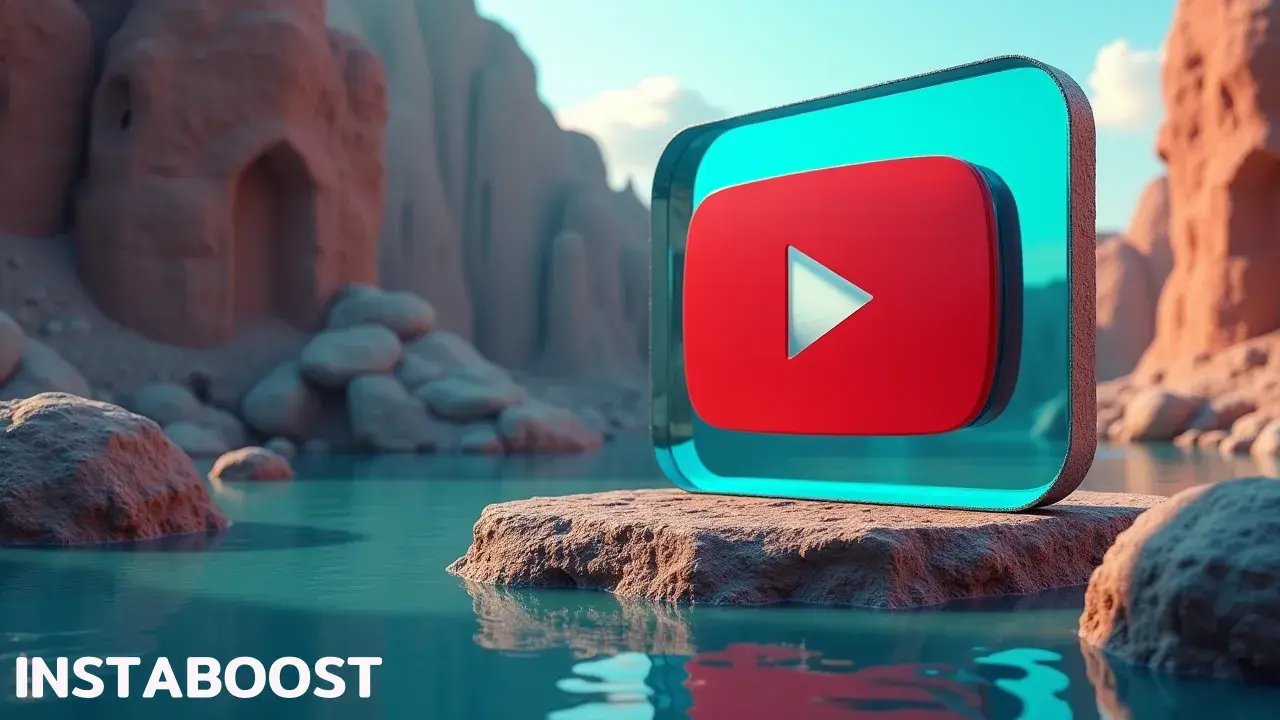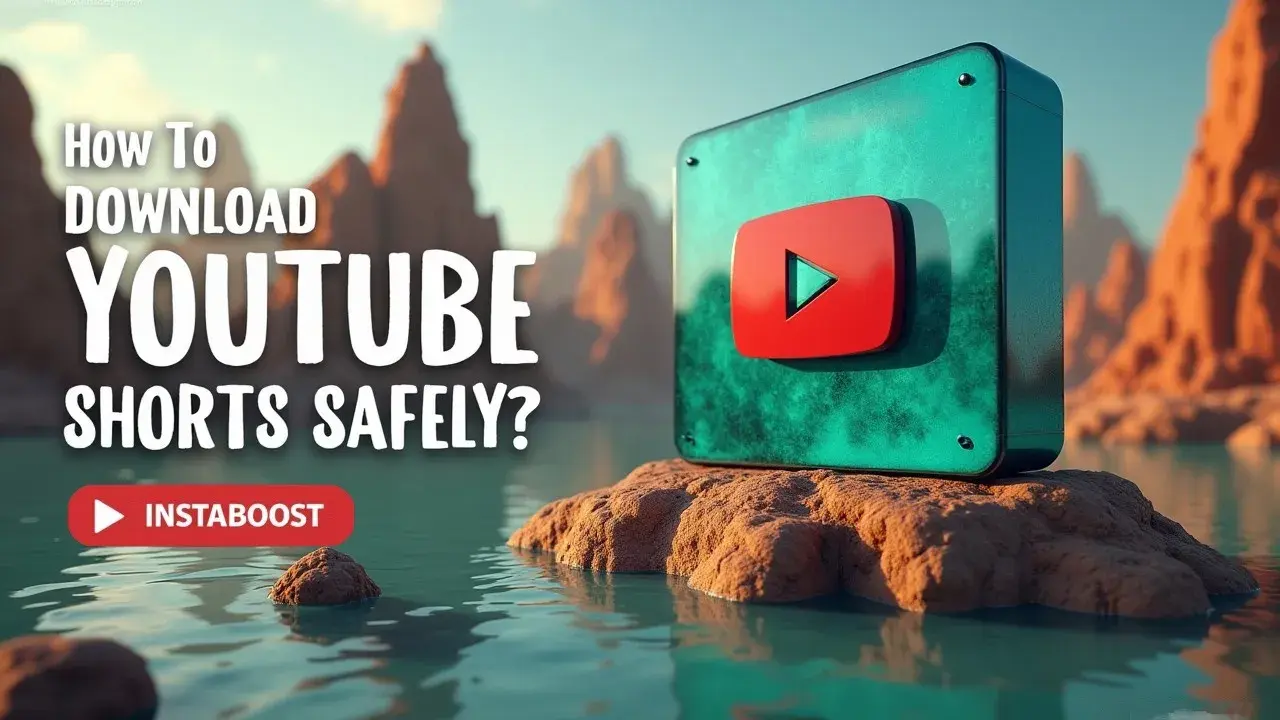How to Download YouTube Shorts Safely and Legally?
Downloading YouTube Shorts can be safe when handled like a small clip library for offline reference. Organize files clearly, record the source, and confirm creator permissions before saving or reusing content. This keeps usage compliant while enabling quick idea testing, performance tracking, and comparisons. With consistent labeling and permission checks, it becomes easier to evaluate what improves completion rate in the first hour and refine choices accordingly.
Start with Purpose, Not Just a Link
If you’re planning to download YouTube Shorts, treat it like building a focused clip library, not stockpiling random videos. Start with intent – are you saving a tutorial for offline reference, curating competitive examples, or prepping a creator collab brief? Your use case will shape the tools you pick, the permissions you verify, and how you organize files. A reputable downloader matched to your goal matters more than a flashy “free” option. Paid or trial tools work well when they offer clean analytics, metadata capture, and no spammy installers. Keep a simple system with folders by topic, filenames that include the creator handle and date, and a note of the original URL.
That discipline helps with compliance and day-to-day workflow, and it turns downloads into a searchable kit you can analyze later. If you’re testing Shorts performance, pair each saved clip with retention signals like the first-second hook, cut density, and caption style, and log authentic comments that indicate intent. That gives you a tight feedback loop when you remix ideas with permission or commission similar assets. When you move toward promotion, match your downloader and editor to your distribution plan.
In practice, it’s easier to spot patterns and grow your YouTube audience when your library ties content choices to outcomes. Prioritize quality control to avoid artifacts, lock in the correct aspect ratio, and protect audio integrity, because early momentum depends on frictionless viewing. Safety is about fit, timing, and safeguards – verify creator terms, attribute where required, and favor platforms that respect rate limits and watermark policies. Done this way, how to download YouTube Shorts safely becomes a growth workflow, not a risk. You’re building a compliant library that accelerates production, guides targeted promotion, and shortens the distance between idea and measurable results.

Proven Sources, Clear Rights, and a Paper Trail
Data tells the truth, but it rarely speaks clearly. If you want to download YouTube Shorts safely and credibly, anchor your process in verifiable sources and explicit rights. Match your intent to the license. Tutorials and case studies often ship with creator-friendly terms, while music-heavy memes usually need stricter permission. A quick DM or email that asks for offline use approval – and mentions where the clip sits in your library – turns a gray area into a green light. Reputable downloaders that show source metadata and original URLs help you keep that audit trail intact.
Treat each clip like a citation. Save the link, record the publish date, and note the creator’s handle and terms. That small habit pays off when you publish an edit, pitch a brand, or need to show you honored usage boundaries. Quality tools matter. Free scrapers often mangle audio or strip metadata, which breaks your testing loop and skews analytics. Favor qualified apps or browser extensions that keep resolution intact, preserve timestamps, and integrate with cloud storage so your library stays organized.
Pair each saved Short with a one-line purpose tag – offline reference, competitive swipe, or collaboration prep – then track retention signals and real comments tied to the original post, and keep an eye on upstream tactics that grow your YouTube following without compromising attribution or the creator’s terms. When you repurpose, attribution and links back to the creator build goodwill and open doors for creator collabs and targeted promotion. The smart path is not slower – it is cleaner. With clear rights, quality downloads, and a simple paper trail, you can test ideas with confidence, keep your search for “how to download YouTube Shorts safely” aligned with policy, and scale what actually moves completion rate in the first hour.
Map the Workflow Before You Click Download
Strategy is clarity in motion. If you plan to download YouTube Shorts safely, sketch the path from source to outcome before anything touches your drive. Create a named folder for each project, give every clip a simple ID like creator-handle_date_topic, and write a single line on why you’re saving it so intent stays sharp and compliance stays auditable. Keep a capture sheet with the URL, creator, license or permission status, the original description, and notes on music or third‑party assets. That way you have a clean paper trail when legal asks for context or a partner needs proof. Treat tools as levers, not magic.
Pick a reputable downloader that fits your use case and test on a non‑critical clip to confirm clean metadata, no bundled junk, and consistent resolution. If you need speed for a batch pull, pair automation with a review checkpoint so nothing unlicensed slips through. The real edge shows up after download. Tag each file with the performance hypothesis it will inform – hook pacing, caption format, or a sound trend – then measure outcomes with clean analytics and retention signals when you repurpose or reference it. Early momentum is a signal, not a verdict. Validate with real comments and saves instead of vanity views, and remember that likes that improve watch metrics are only meaningful when paired with genuine engagement patterns.
If a clip is headed for a public remix or a creator collab, level up with verified permissions, an attribution plan, and a timestamped message thread. Paid accelerants can help when they’re reputable and timed to your goals. Test a small, targeted promotion to learn whether the hook actually lifts completion rate in the first hour. One practical rule of thumb: design your system so it’s easier to say no to a risky download than yes. When the workflow adds friction at the right moment, you protect your channel and speed up the clips that deserve to ship.
When “More” Becomes Noise: Push Back With Fit, Rights, and ROI
I used to think more data meant more clarity. Then I watched teams scoop up every catchy YouTube Short they could find and end up shipping slower and taking bigger risks because nothing was checked for rights, purpose, or performance. The smarter move isn’t to stop downloading. It’s to raise the bar for what earns a spot in your library. If a clip doesn’t match your mapped workflow and a measurable outcome – early retention, genuine comments, or a specific A/B test – leave it on the timeline. When you do pull a Short, tie it to verifiable sources, explicit permission, and a documented use case.
That’s what turns “download YouTube Shorts safely” from a slogan into an audit-proof habit. Paid accelerants fit here too. A reputable downloader, a short trial of a metadata tagging tool, or targeted promotion works when it’s matched to intent and gives you clean analytics back, the same way a cautious approach to organic-looking YouTube view growth only matters if it’s traceable and aligned to known baselines. Cheap rippers and mystery licenses may add volume, but they blur ownership and muddle results.
Push back on quantity by asking three fast questions: Do we have the rights, can we measure the lift, and does it align with our content calendar? If two answers aren’t a confident yes, it’s noise. A lean capture sheet plus a small set of qualified sources – creator collabs, tutorials with permissive terms, or a licensed stock audio library – gives you fewer but stronger inputs, which is how you avoid takedowns and still move faster. That’s the paradox: cutting volume increases signal, and signal is what compounds into safe reuse, higher completion rates, and ad spend that doesn’t vanish into ambiguity.
Let the Tape Roll: Measure the Outcome You Meant to Create
Endings should hum, not echo. Close your YouTube Shorts workflow by checking if the download actually served the intent you set at the start. Match each clip’s ID to its permission note, then run a simple testing loop. Do one controlled repost or an internal mock, add a small, targeted promotion if it fits, and use clean analytics tagging so attribution isn’t guesswork; when you’re weighing where a repost fits in the mix, treat it like any other lever alongside organic momentum, paid nudges, and ways to quietly expand reach with YouTube reposts while keeping the same measurement rigor.
Safety and speed rise together when files stay organized and results stay observable – watch completion rate, early momentum in the first hour, real comments versus bot fog, and retention signals through the beat drop or punchline. If you use a downloader or batch tool, pick a reputable option that preserves metadata and hashes files, and pair it with your capture sheet so license and music credits stick. This isn’t about hoarding – it’s about fit. Keep only the Shorts that show a lift against the baseline you set – brand recall on a private panel, watch time on a whitelisted test, or click‑through on a clear call. When a clip wins, amplify responsibly with creator collabs with written permission, targeted promotion to the segment it actually moved, and a note in your library on why it worked so the next pick is faster.
When it stalls, archive it with a one‑line lesson and move on. Safe downloading works when it stays matched to intent, rights, and measurement, and the smart path is to promote what performs while maintaining an auditable trail. That’s how a quick reference library becomes a durable advantage – and why “how to download YouTube Shorts safely” really means turning clips into outcomes without creating risk.




